Clint Smith is a poet and a staff writer for The Atlantic. His most recent book is How the Word Is Passed: A Reckoning with the History of Slavery Across America and his latest feature is “Monuments to the Unthinkable.”
“I've been to a lot of places that carry a history of death and slaughter and murder. I've been on plantations. I've been in execution chambers. I've sat on electric chairs. I've been on death row. But I have never experienced anything like what I experienced walking through the gas chamber in Dachau. I mean, there's reading books about the Holocaust, and then there's that. And that is something that I hope to continue doing for the rest of my life: putting my body where these things happen. Because it completely transforms your understanding of what it was like.”
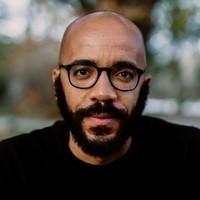


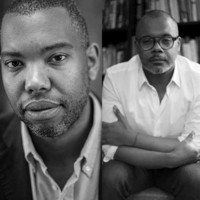








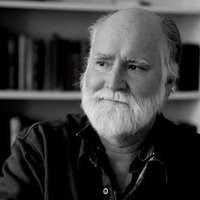







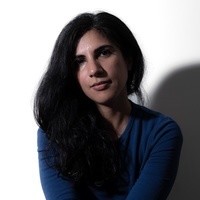



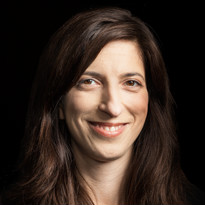 Pamela Colloff is an executive editor and staff writer at Texas Monthly.
Pamela Colloff is an executive editor and staff writer at Texas Monthly.
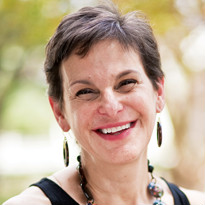 Mimi Swartz has written for Talk, The New Yorker and Vogue. She is an executive editor at Texas Monthly.
Mimi Swartz has written for Talk, The New Yorker and Vogue. She is an executive editor at Texas Monthly.
